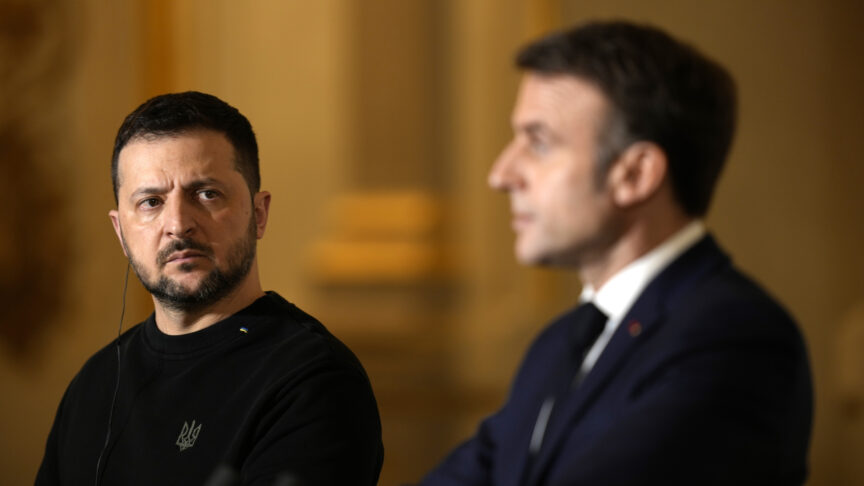Ukraine decides: the questions to ask
Leave Tymoshenko aside for now; it’s time to start asking what a Yanukovych presidency means for Ukraine. Andrew Wilson puts the key questions in politics, energy, defence and the media
So what should we expect from
President Yanukovych? Of course that assumes that Yuliya Tymoshenko’s appeal against the election of Viktor Yanukovych doesn’t succeed. But putting that aside, it’s right that the real focus of attention shifts to what we should expect from Mr Yanukovych. Here are some thoughts on the questions that we now need to be asking.
One big question is whether he will adjust
to the reality of a limited mandate. He didn’t win big, and is the first
Ukrainian President to be elected with less than 50% of the vote. Will he reach
out to his opponents? Will be have a strategy for building bridges to the other
half of the country that didn’t vote for him? Yushchenko never did, and it cost
him dearly in the end.
A related decision will be on the type of
new government he tries to set up (it seems highly unlikely he will leave
Tymoshenko as PM). The new government will be full of businessmen, but what
type of businessmen? Will he try and find a place for Serhiy Tihipko? Will he
appoint pragmatic ministers or what is known in Kiev as the ‘TKM tendency’ (from
the phrase used by the Polish left in private when they returned to power in the
1990s – ‘teraz kurwa my’ – ‘It’s our f…ing turn’). Will he allow the same guys to
run the gas industry as in 2006-7?
What favours does he owe Dmytro Firtash,
former boss of Rosukrenergo, who was supposedly a major contributor to his
campaign?
Yanukovych has talked of renegotiating
Ukraine’s various gas deals, and of setting up a Russo-Ukrainian consortium,
open to European participation, to run the Ukrainian gas system. Will this be
compatible with the gas deal Ukraine signed with the EU in 2009? Will Yanukovych
increase prices to domestic consumers, so that the key company Oil and Gas of
Ukraine actually has a viable business model? Will he reform, and invest in, the
country’s creaking energy infrastructure?
The gas issue is key to rebuilding
relations with the EU. What about the oligarchs whose business interests are
blocking parts of the Association Agreement?
Yanukovych does not want a NATO Membership
Action Plan, but then nor did Tymoshenko. Will Yanukovych keep practical
cooperation going with NATO? He was happy to do so during his two previous
stints as Prime Minister.
Russia’s lease on its Black Sea base at
Sevastopol runs out in 2017. The issue will need to be addressed in the second
half of this next presidential term. There are rumours that Yanukovych will
consider not just a renewal, but a Guantanamo-style lease for 30 years or
more.
Yanukovych has never formally withdrawn the
promise he made to recognise Abkhazia and South Ossetia in the aftermath of the
war in Georgia in 2008. He hasn’t exactly talked much about it since, but has
always declined to ditch the promise when pressed in public, which has been
often enough.
And what will he do with Ukraine’s
troublingly free media? The signs are that he might try and shift the ownership
of a few outlets, but will be unable to introduce anything like the censorship
of the Kuchma era.
I appreciate that these are questions rather than answers, but that in itself says a lot about what Ukraine faces under a Yanukovych presidency. Both Ukrainians and world leaders will have
to get used to their often boorish new president – and to the fact that he will
preside over the European Championship football final in 2012.
Andrew has been blogging throughout the Ukrainian elections. Here is the previous entry
Listen to his special podcast interview with two eminent Ukrainians, Olexiy Haran and Mykola Ryabchuk, here
For the press…Andrew is available for interviews. Click here for our press advisory.
The European Council on Foreign Relations does not take collective positions. ECFR publications only represent the views of their individual authors.


